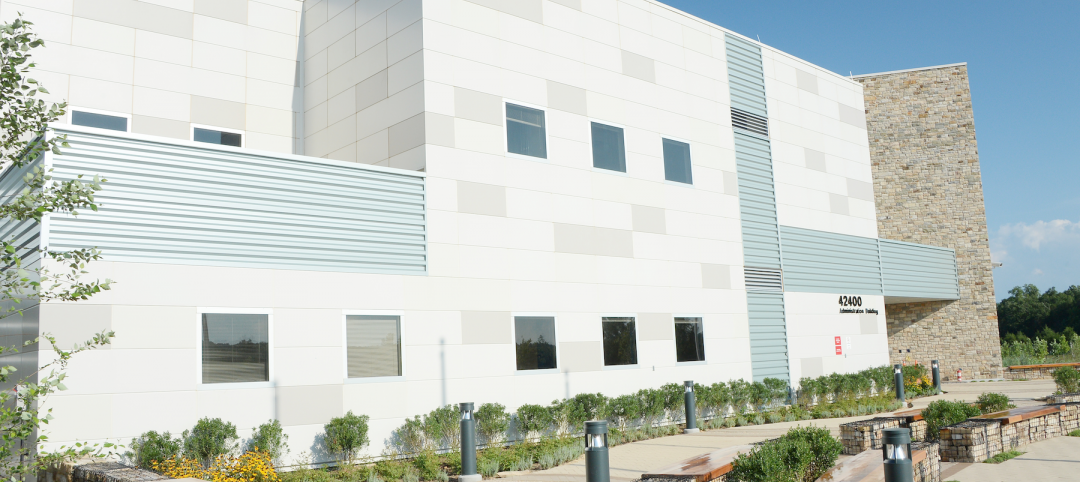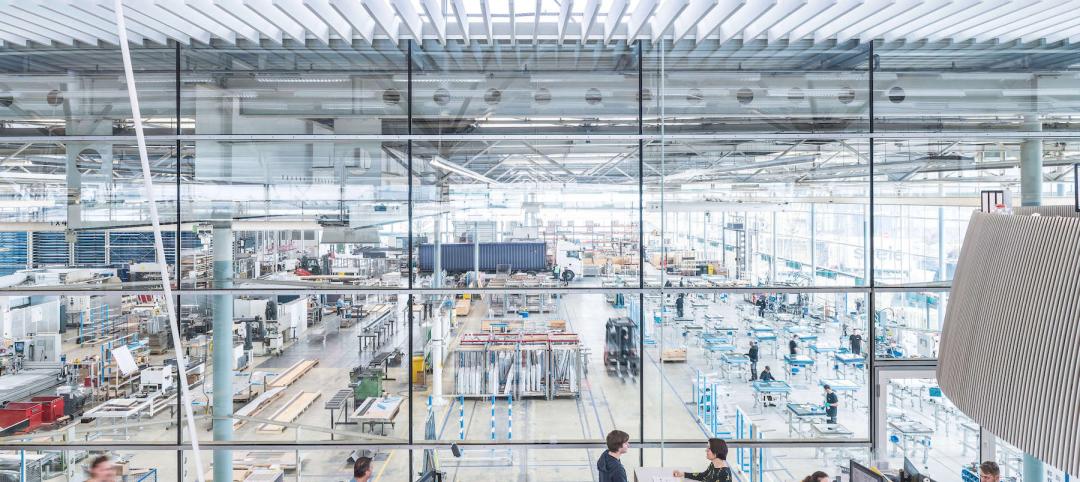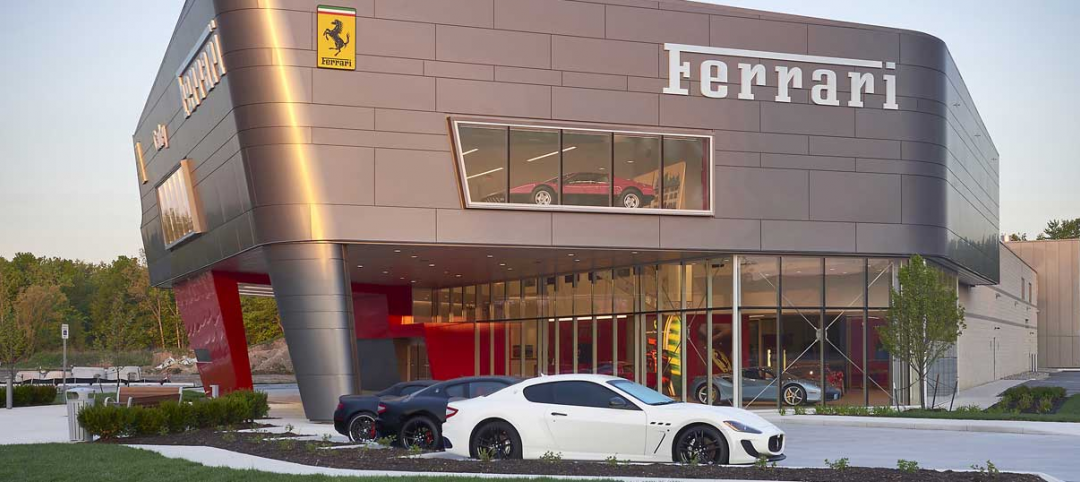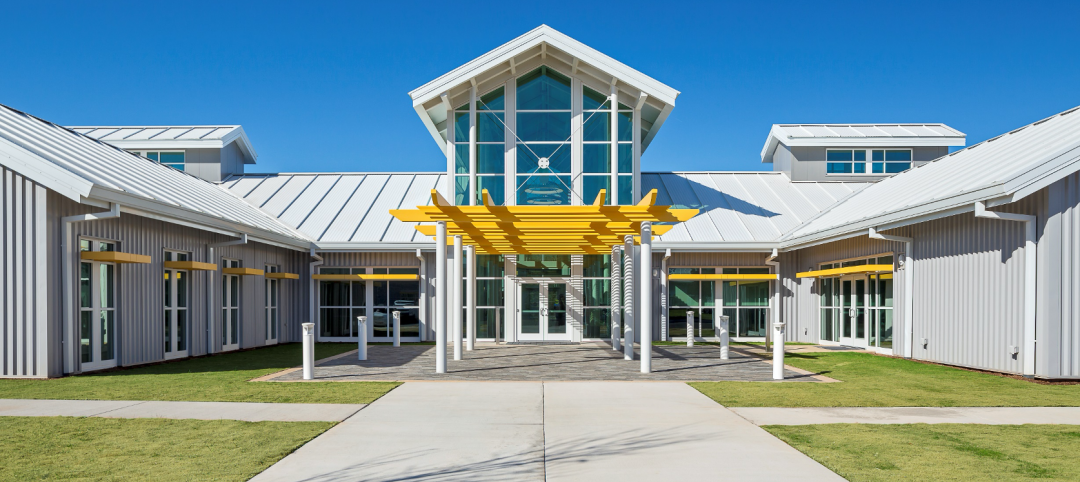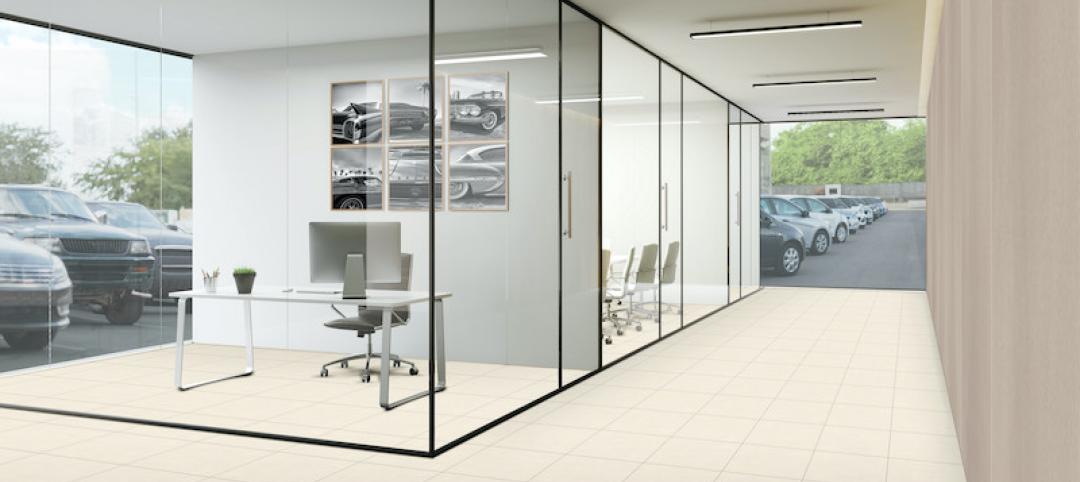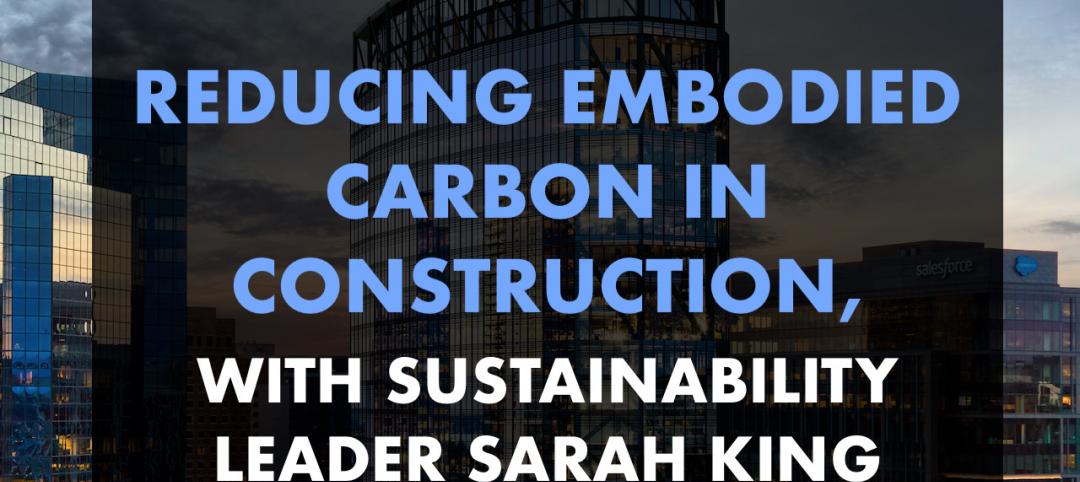Johnson Controls expects to reap at least $150 million in annual “tax synergies” as a result of its merging with Tyco International, a deal that will include Milwaukee-based Johnson Controls moving its headquarters to Tyco’s home base in Cork, Ireland.
The acquisition, valued at $20 billion, is the latest example of corporate “inversion,” where an American-based corporation seeks to significantly reduce its U.S. tax liability by moving its corporate domicile to the foreign location of the company with which it merges.
However, Johnson Controls intends to keep its operational headquarters in Wisconsin. Tyco’s U.S. headquarters is in Princeton, N.J.
The Johnson Controls-Tyco deal—a reverse takeover in which Tyco shareholders own 44% of the combined group, and Johnson shareholders own the rest and receive a $3.9 billion cash distribution—is similar to the pharma giant Pfizer’s $160 billion combining with Ireland-headquartered Allergan, a competitor, a few weeks ago.
Ireland’s corporate tax rate is under 20%, compared to a corporate tax rate in the U.S. that can be as much as 35%. Aside from its U.S. tax reduction, Johnson Controls expects this deal to reduce it operating costs by $500 million over the first three years.
According to news outlets including the Financial Times, the Tyco brand will disappear as a result of this deal. That brand was besmirched when, in 2005, its former high-flying CEO Dennis Kozlowski and its CFO were convicted of fraud and embezzling $150 million. A 2012 spinoff from the conglomerate broke the current Tyco International into three entities, the others being Pentair and ADT. Its businesses now focus on fire protection and security products.
USA Today reports that Johnson Controls still plans to spin off its remaining automotive business into an independent company called Adient next year. Johnson Controls will focus on its primary businesses, which include batteries, building products such as HVAC units under the York brand, and climate control systems.
The combined company, with annual revenue of $32 billion, will have six Johnson Controls board members and five representing Tyco. Alex Molinaroli will be chairman and CEO. George Oliver, Tyco’s current CEO, will be president and COO for 18 months, at which point Oliver will become CEO and Molinaroli executive chairman for one year. After that, Oliver assumes the chairmanship.
“The proposed combination of Johnson Controls and Tyco represents the next phase of our transformation to become a leading global multi-industrial company,” Molinaroli said in a statement.
This deal, which is expected to be completed by the end of the year, comes at a time when both companies have been struggling to bolster their stock prices, according to the Wall Street Journal. Johnson Controls’ share price has fallen by more than 20% from its recent high, while Tyco’s price has dropped by 25%. Johnson Controls shareholders will receive one share of the combined company or cash equal to $34.88 per share, the average of Johnson’s stock price over the past five trading days.
Related Stories
Sponsored | BD+C University Course | May 5, 2022
Designing with architectural insulated metal wall panels
Insulated metal wall panels (IMPs) offer a sleek, modern, and lightweight envelope system that is highly customizable. This continuing education course explores the characteristics of insulated metal wall panels, including how they can offer a six-in-one design solution. Discussions also include design options, installation processes, code compliance, sustainability, and available warranties.
Sponsored | BD+C University Course | May 3, 2022
For glass openings, how big is too big?
Advances in glazing materials and glass building systems offer a seemingly unlimited horizon for not only glass performance, but also for the size and extent of these light, transparent forms. Both for enclosures and for indoor environments, novel products and assemblies allow for more glass and less opaque structure—often in places that previously limited their use.
Sponsored | BD+C University Course | Apr 19, 2022
Multi-story building systems and selection criteria
This course outlines the attributes, functions, benefits, limits, and acoustic qualities of composite deck slabs. It reviews the three primary types of composite systems that represent the full range of long-span composite floor systems and examines the criteria for their selection, design, and engineering.
Wood | Apr 13, 2022
Mass timber: Multifamily’s next big building system
Mass timber construction experts offer advice on how to use prefabricated wood systems to help you reach for the heights with your next apartment or condominium project.
Sponsored | BD+C University Course | Apr 10, 2022
Designing with commercial and industrial insulated metal wall panels
Discover the characteristics, benefits and design options for commercial/industrial buildings using insulated metal panels (IMPs). Recognize the factors affecting panel spans and the relationship of these to structural supports. Gain knowledge of IMP code compliance.
Building Materials | Feb 17, 2022
3D-printed megapanels, unitized window-wall assemblies now available from Sto Corp.
Panel manufacturer is collaborating with Branch Technology and Kawneer North America on prefabrication solutions for building facades.
3D Printing | Jan 12, 2022
Using 3D-printed molds to create unitized window forms
COOKFOX designer Pam Campbell and Gate Precast's Mo Wright discuss the use of 3D-printed molds from Oak Ridge National Lab to create unitized window panels for One South First, a residential-commercial high-rise in Brooklyn, N.Y.
Building Materials | Nov 29, 2021
Daltile expands its Unity Collection of porcelain tiles with a new color
Addition of "Taupe" gives Daltile's Unity Collection three warm and three cool colors.
Urban Planning | Nov 11, 2021
Reimagining the concrete and steel jungle, SOM sees buildings that absorb more carbon than they emit
The firm presented its case for a cleaner built environment during the Climate Change conference in Scotland.
Sustainability | Oct 28, 2021
Reducing embodied carbon in construction, with sustainability leader Sarah King
Sustainability leader Sarah King explains how developers and contractors can use the new EC3 software tool to reduce embodied carbon in their buildings.



